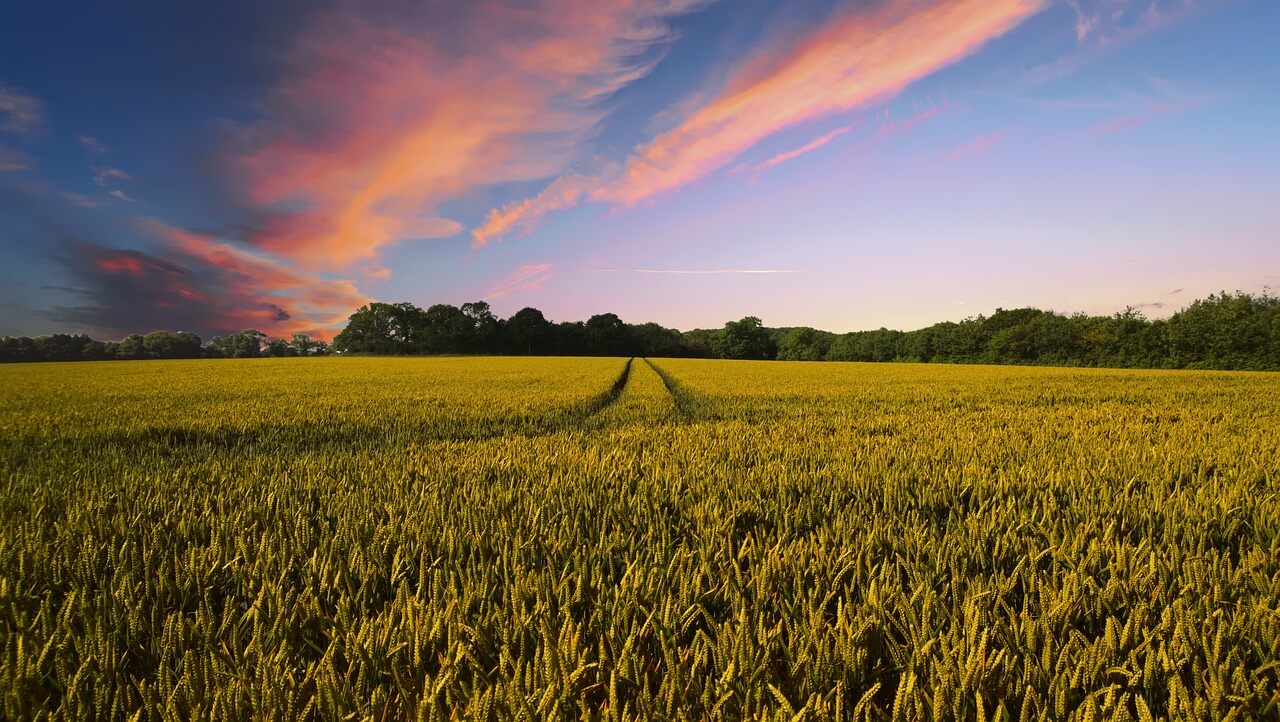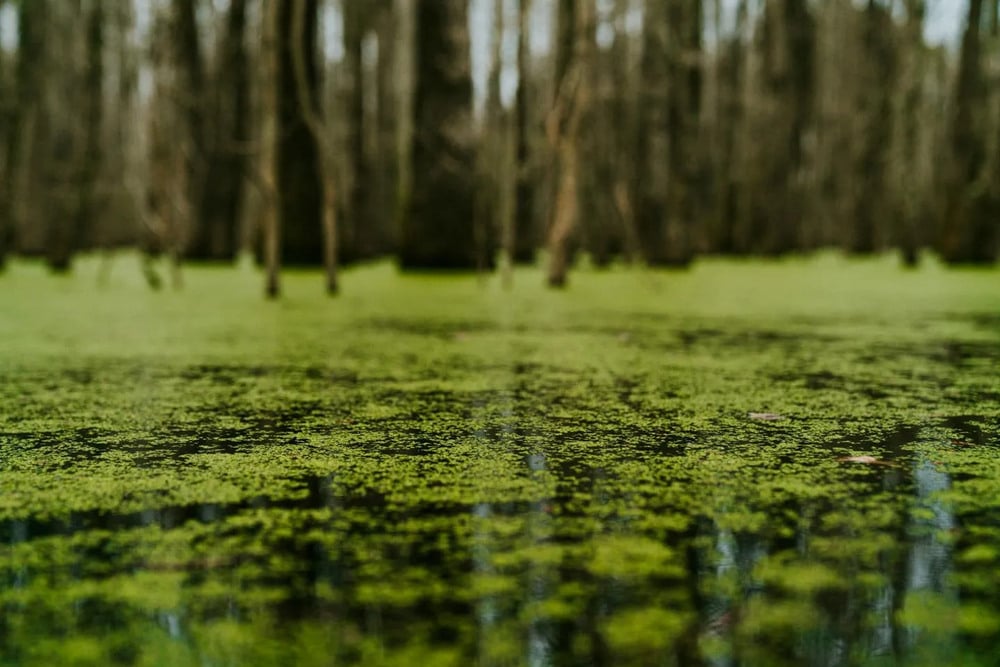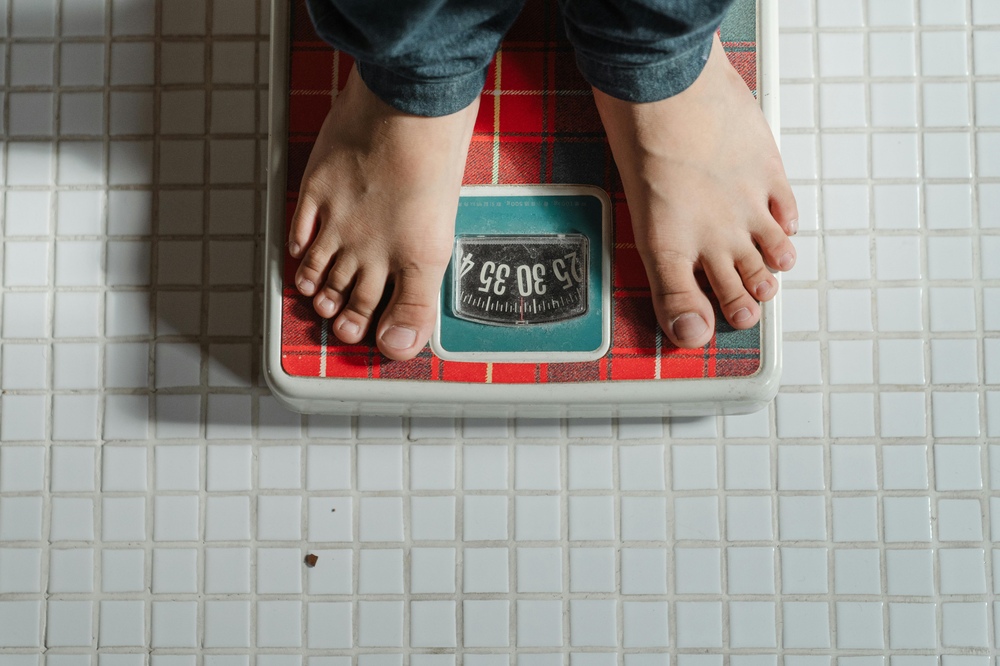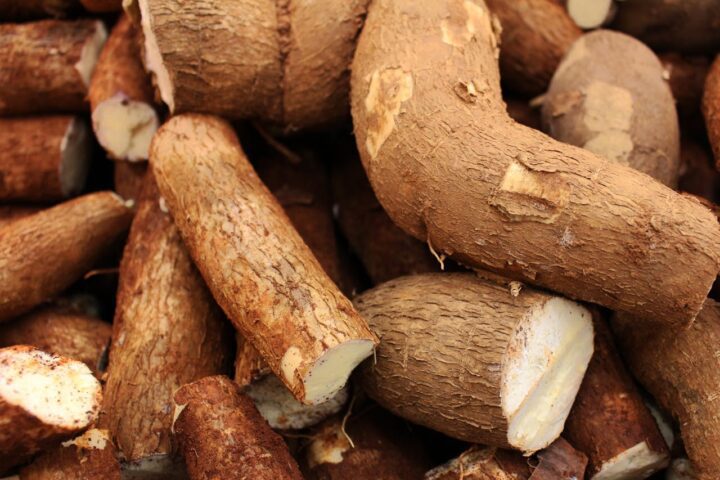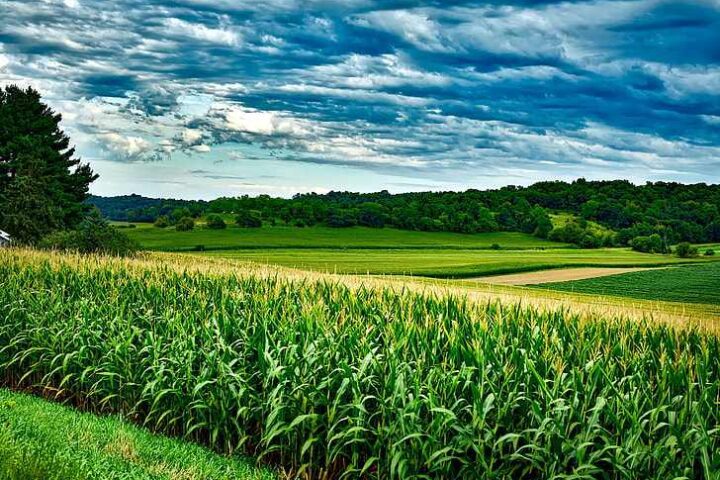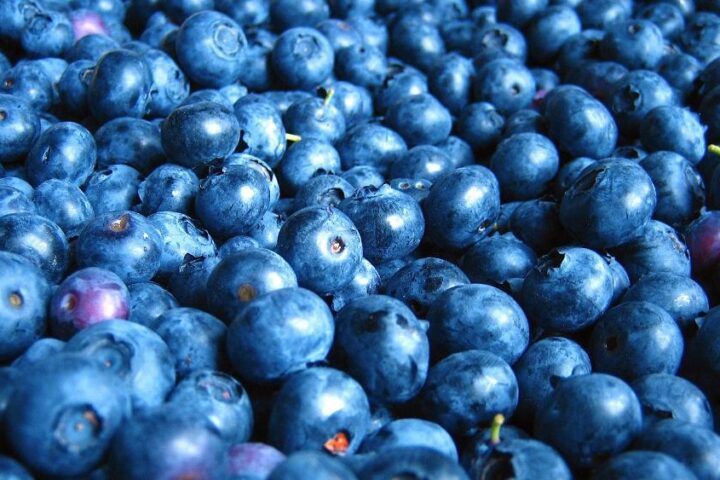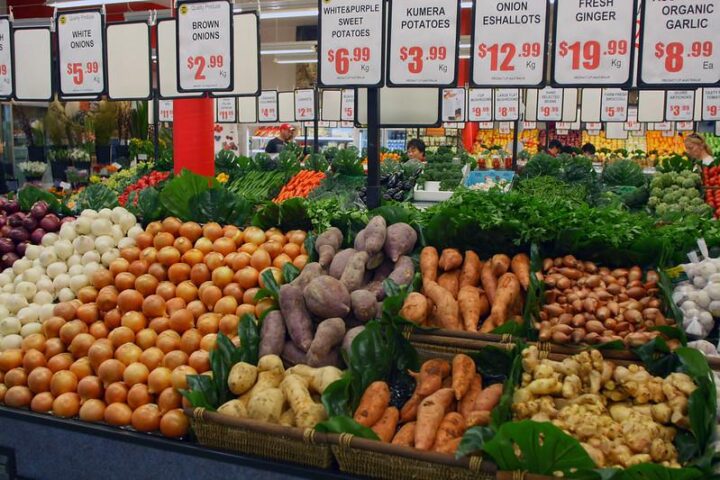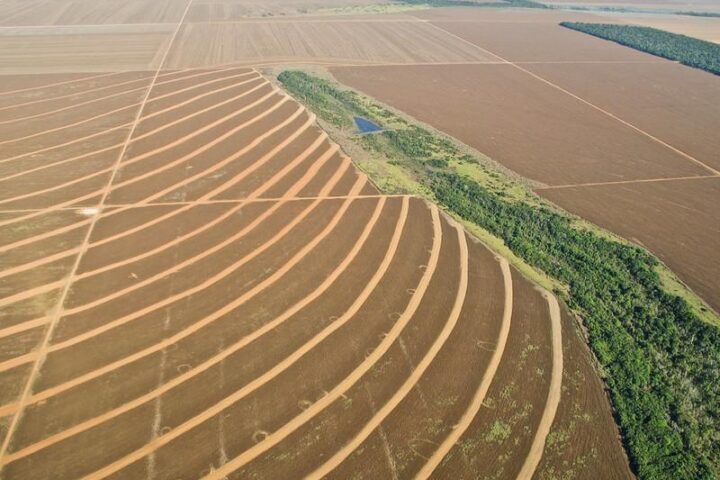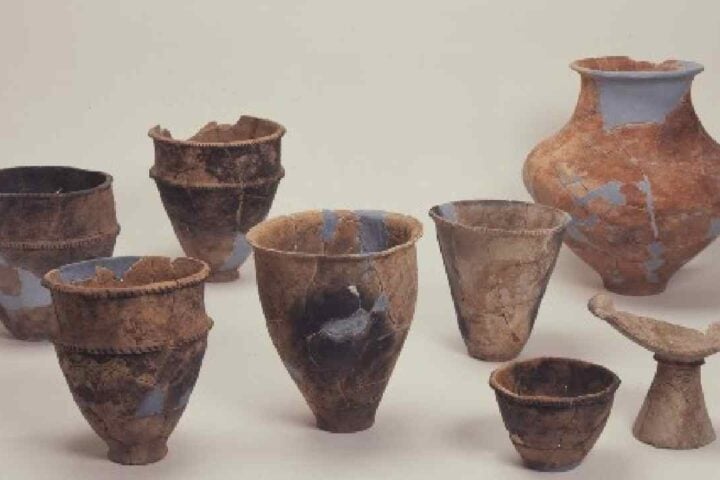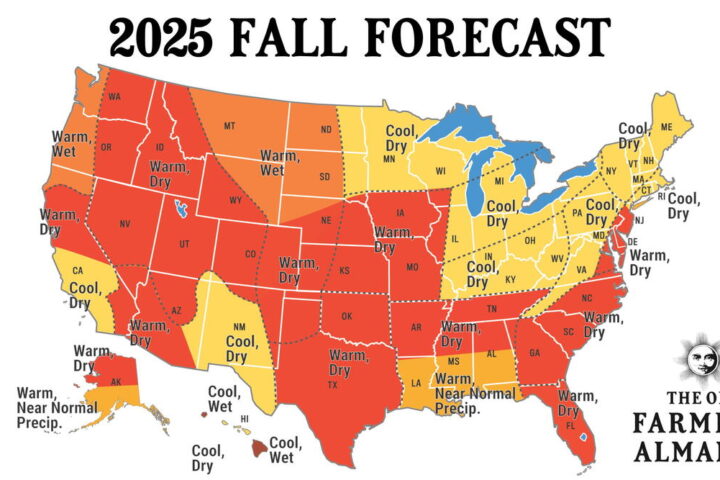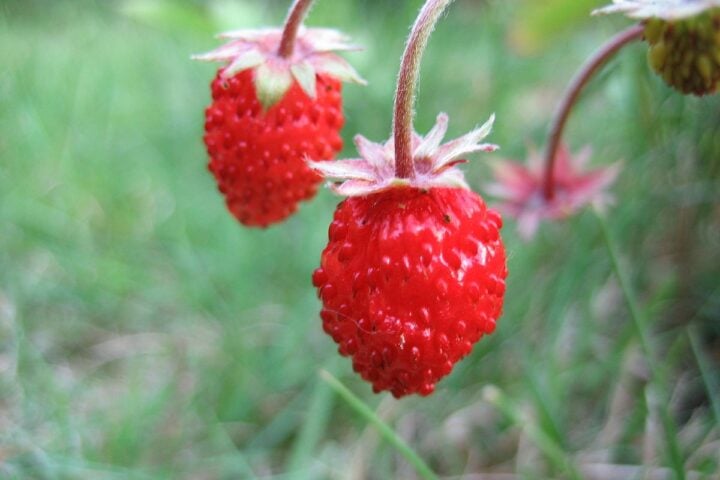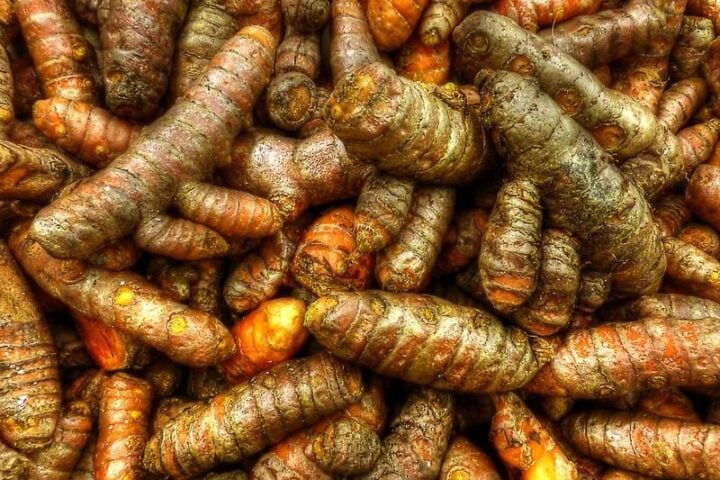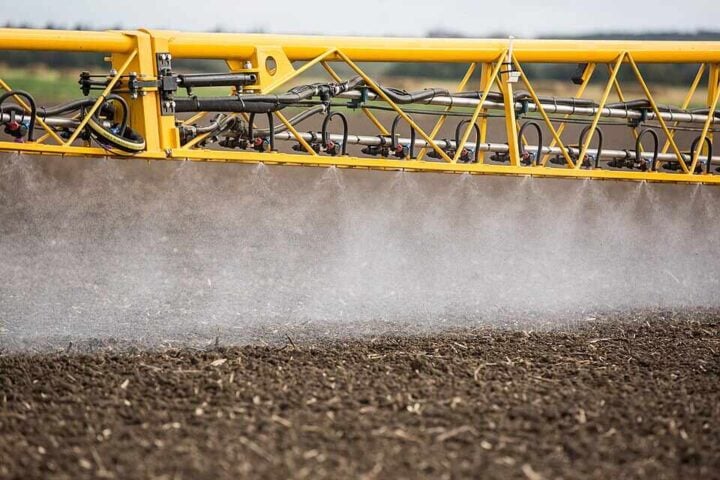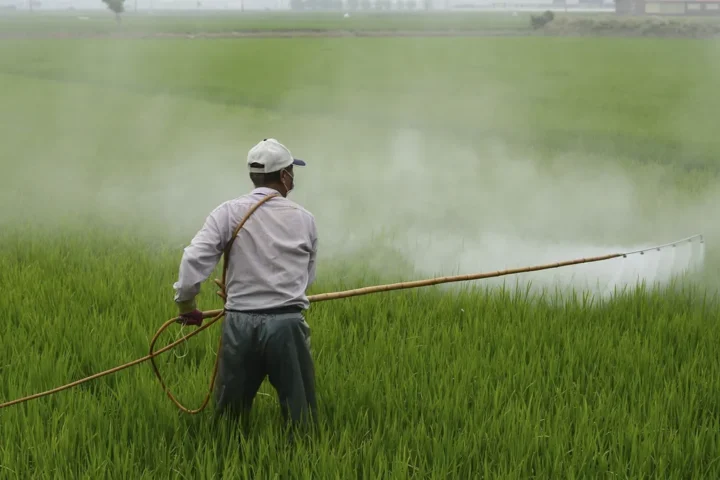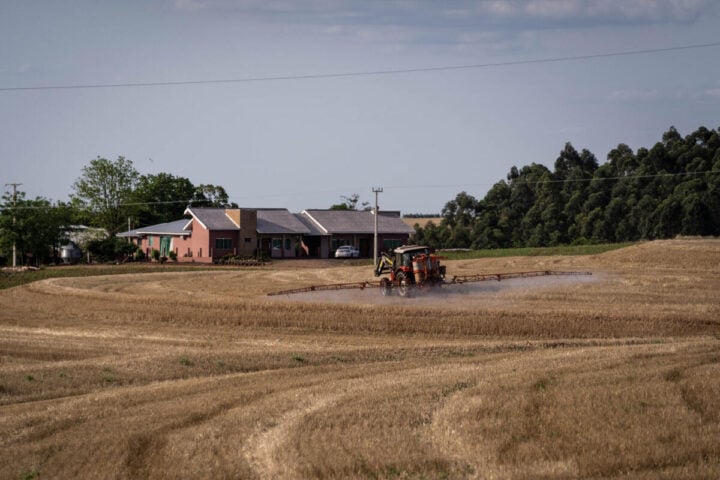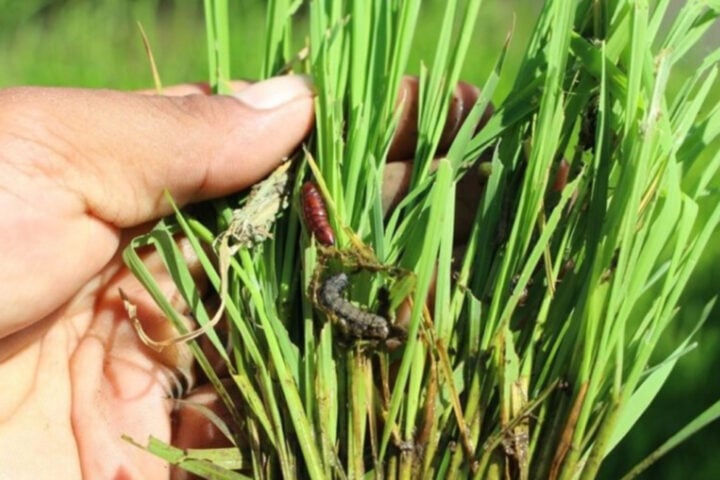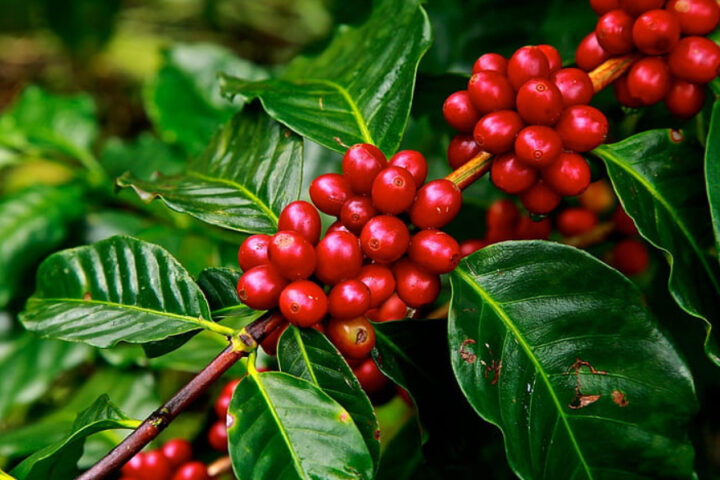Scientists at Yale have found a practical way to measure how much carbon farmland actually stores, potentially transforming how we track and reward climate-friendly farming practices. This breakthrough could make carbon credit markets more reliable and help fight climate change through better farming methods.
“The study suggests that we can do direct measurements at scale,” explains Mark Bradford, Professor of Soils and Ecosystem Ecology at Yale. This matters because until now, measuring stored carbon in soil has been like trying to measure water in a swimming pool by guessing rather than using actual measurements.
The traditional approach relies on computer models to predict how much carbon soil might store. But Bradford and his colleagues discovered something simpler works better: actually measuring the soil carbon content directly, then measuring it again later to see what changed. While this might sound obvious, many experts thought it would be too expensive and complicated to do across large farms.
The research team found a surprising solution: they don’t need to measure every square foot of soil. Testing just 10% of fields across large farm areas – even those covering tens of thousands of acres – provides reliable data about carbon storage. This smart sampling approach makes the process both practical and affordable.
Similar Posts
This matters for farmers and businesses alike. When companies buy carbon credits from farms that store extra carbon in their soil, they want proof they’re getting what they pay for. Direct measurement provides this proof, making carbon credits more trustworthy.
The impact goes beyond just carbon markets. Bradford points out that healthier soil does more than fight climate change – it holds water better, keeps nutrients where plants need them, and helps farms weather extreme conditions. “If you can address the measurement and verification concerns around how soil carbon stocks are actually responding, it will help prioritize policies and investments that achieve soil restoration and protection,” he explains.
To help farmers figure out if carbon measurement makes financial sense for their operation, the research team developed a practical tool. Eric Potash, a research scientist at the University of Illinois, created a web app where farmers can calculate the costs and potential profits of soil carbon projects based on their specific situation.
